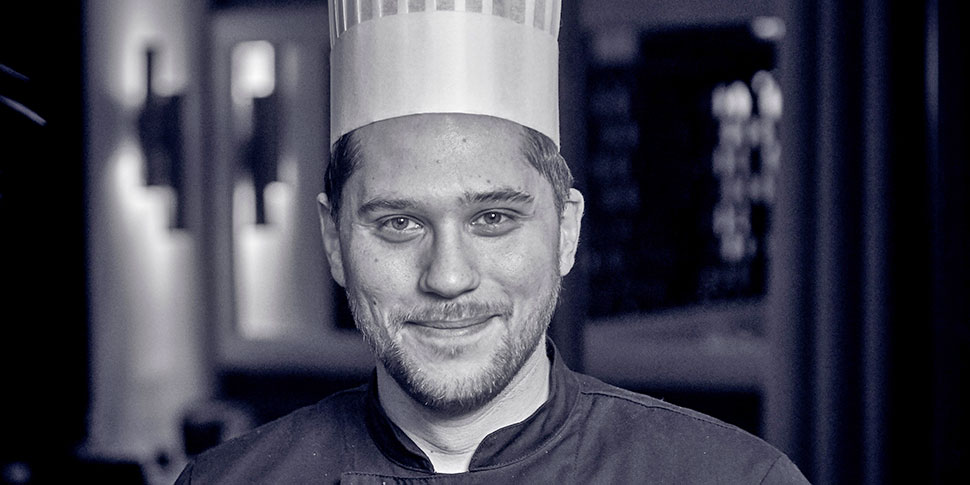How did your passion for baking and pastry come about?
I have been in kitchens since I was a baby! My father and grandfather are cooks, so I always had it, that taste. At the age of four, I took my first baking class with my grandmother at Le Cordon Bleu school. At 10, I wanted that to be my job when I grew up. As I was too young to do an apprenticeship, I chose the pre-apprenticeship class after year 10. I then studied for a BEP vocational qualification in Pastry-Confectionary-Chocolate-Ice Cream Making for two years. After that, I continued with a professional baccalaureate where I focused on baking, while furthering my pastry skills.
What do you think of the training today for trainee bakers/pastry chefs?
The BEP professional qualification no longer exists. For young people like me, there is a three-year professional baccalaureate or a CAP professional qualification, which still takes two years. The training itself is good but it all depends on the teachers you have, and above all, how willing you are to work at school and in your host company.
The opening of new pastry schools is rewarding for our profession
In your opinion, is training at a school necessary?
Of course. It is obligatory if you want to succeed in the profession. To be a baker, a pastry chef, etc., you need a qualification to be taken seriously; you need the basics to avoid being seen as a novice. Without that, you’ll never be able to present something up to scratch. So, of course, you have to go through training to learn this. Training makes it possible to not go about things blindly.
Institut Culinaire de France aims to combine learning these bases with mastering business. What do you think about that?
The rise of these new schools is rewarding for the profession. In recent years, TV shows have made people want to do this job, and schools have enabled manual professions to regain prestige. Ten to 12 years ago we were seen as not being any good, while today, the profession has become democratised and is valued. There are also a lot of people who change career, and these training courses enable people who want to retrain to be able to do so, while learning the basics.
Courses at Institut Culinaire de France include learning about nutritional values and nutritional balance. Are these important concepts in baking today?
Today everyone is talking about gluten-free, sugar-free, fat-free. This is very important, because for a pastry chef like me, who likes sugar and butter, it helps me to learn to replace these raw materials, such as sugar with honey, for example. It's improving in taste and quality without taking anything away. These concepts are part of the basics. Before, nutritional aspects and well-being were not addressed, but today they allow us to change our way of seeing things and to see recipes evolve. It has become routine as there is a real demand. It's part of being a pastry chef today.
The notions of well-being are now part of the foundations of our business
If we think about the baking of tomorrow, what comes to mind for you?
I would be tempted to bet on the discovery of new techniques, new products, a change in the products we use. I really like using herbs, flowers... The baking of tomorrow will dare to teach people to eat something else.
And the concept of sustainable development, is that also an important part of the baking of tomorrow?
Completely. In our shop, we use wooden cutlery, recyclable straws, recycled bags and many organic products. In the products I use, I prefer to choose organic or small producers, and I am particularly interested in respecting the produce. Being environmentally friendly is also a question of marketing, which works very well—customers want that and feel responsible and committed. It is a very good thing to learn this at school.
